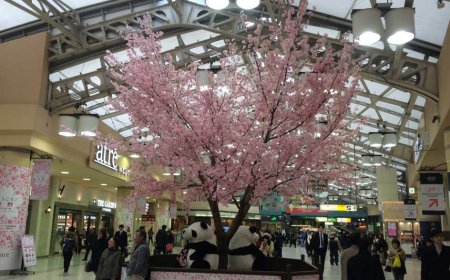The Real Japan: Beyond Myths and Misconceptions
The fascinating intricacies of Japanese culture while debunking common myths and shed light on the true essence of this vibrant and diverse society.

The Real Japan Beyond Stereotypes
Japan, a country steeped in tradition and modernity, has captured the fascination of people worldwide. However, amidst the allure of its rich culture, misconceptions and myths often abound, shaping perceptions that may not always align with reality. Debunking the top 10 misconceptions surrounding Japanese culture:

1. Many Japanese People Are Samurai or Ninja
While the samurai and ninja are iconic symbols of Japan's feudal past, they no longer represent contemporary Japanese society. Today, Japanese people engage in diverse professions, from business executives to artists, reflecting the nation's modernity.

2. Japanese People Eat Sushi Every Day
While sushi is undoubtedly a beloved dish in Japan, it's not a daily staple for most Japanese people. Like any cuisine, Japanese meals vary widely, including rice, noodles, seafood, and a variety of meats and vegetables.
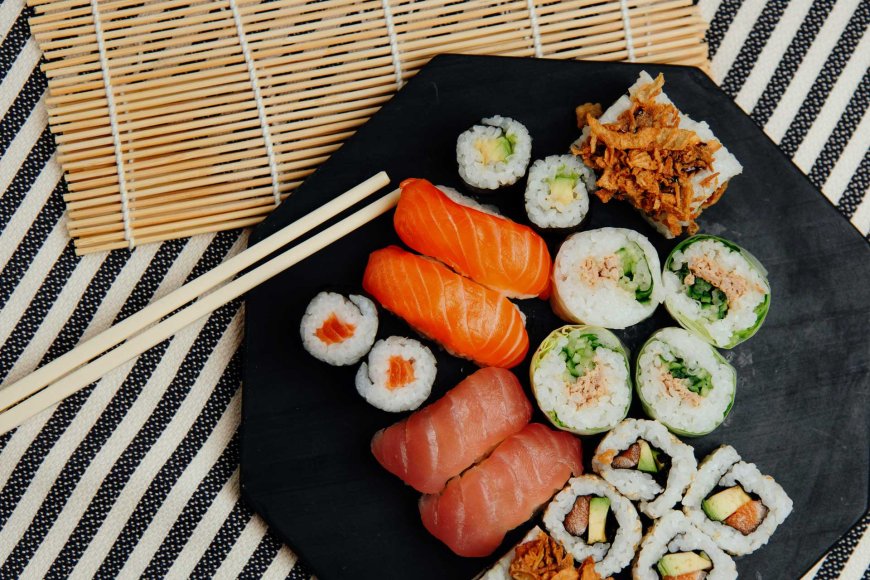
3. Geishas are High-Class Prostitutes
This is a common misconception. Geishas are highly skilled entertainers trained in traditional Japanese arts such as music, dance, and conversation. They are respected for their talents and cultural knowledge, not for any association with prostitution.
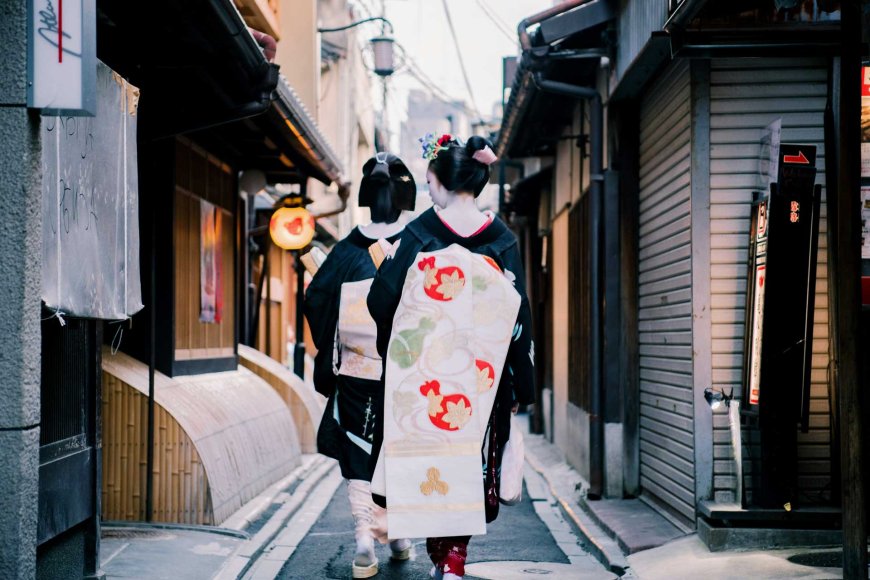
4. Everyone in Japan Practices Martial Arts
While martial arts like judo, karate, and kendo have roots in Japan, not every Japanese person practices them. Just like any other country, participation in martial arts is a personal choice rather than a cultural obligation.
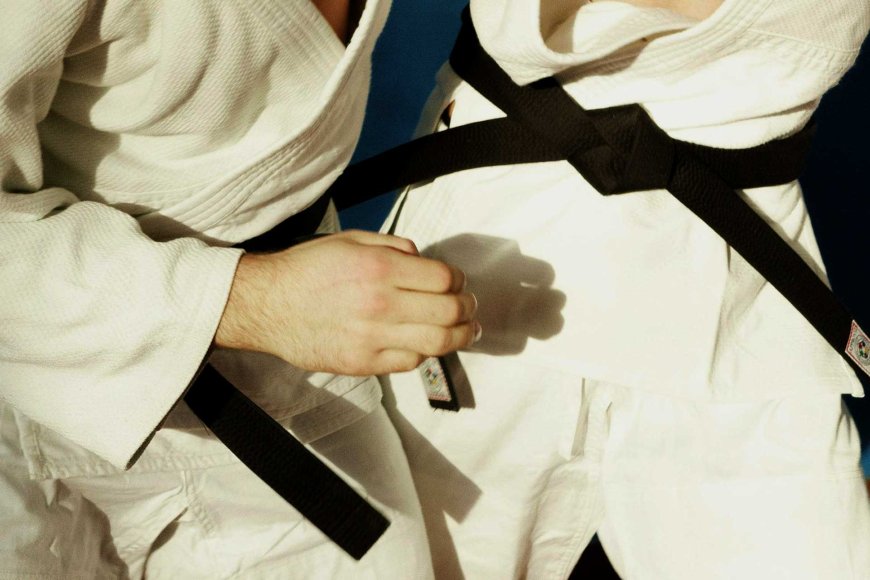
5. Japan is Overly Strict and Formal
While Japanese etiquette emphasizes respect and politeness, the notion of strict formality is exaggerated. Japanese society values harmony and consideration for others, but it also embraces individuality and creativity, evident in its vibrant pop culture and fashion trends.

6. All Japanese People Are Tech-Savvy Otakus
While Japan is renowned for its technological advancements and pop culture phenomenon like anime and manga, not every Japanese person is an otaku (obsessive fan) or technophile. Like any other society, interests and hobbies vary among individuals.

7. Japanese People Only Eat Raw Fish
While Japan is famous for its sushi and sashimi, Japanese cuisine offers a diverse array of cooked dishes. From hearty bowls of ramen to comforting plates of tempura, Japanese culinary traditions encompass a wide range of cooking techniques and ingredients.
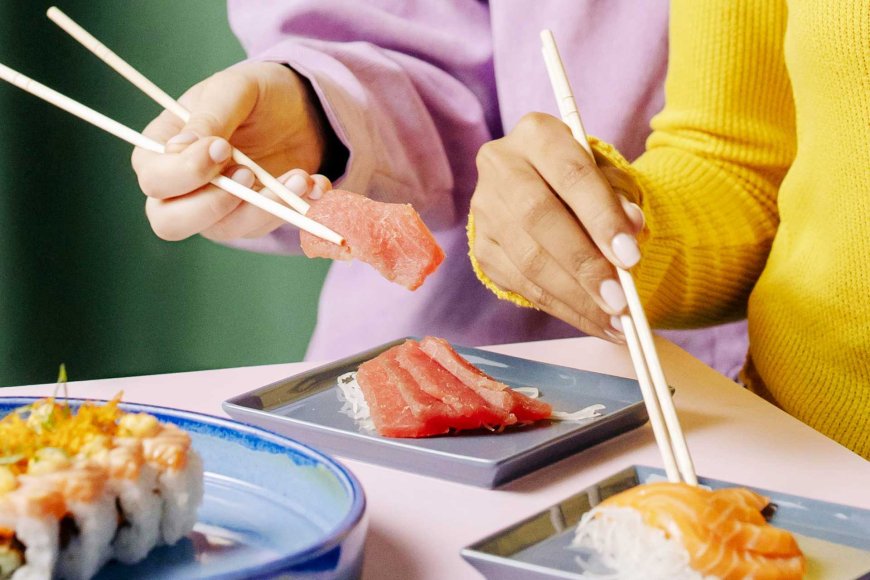
8. Japanese Work Culture is Only About Long Hours
While Japan's work culture has been associated with long hours and intense dedication, efforts are underway to promote work-life balance and reduce overwork. Companies are implementing initiatives like telecommuting and flexible schedules to prioritize employee well-being.

9. Everyone in Japan Speaks English
While English education is mandatory in Japanese schools, fluency varies among individuals. Many Japanese people may understand basic English, but proficiency levels differ, especially in rural areas where English exposure may be limited.

10. Japan is a Homogeneous Society
While Japan has a predominantly ethnically Japanese population, it's not entirely homogenous. Japan's history is marked by cultural exchanges with neighboring countries and beyond, resulting in diverse influences on language, cuisine, and customs.
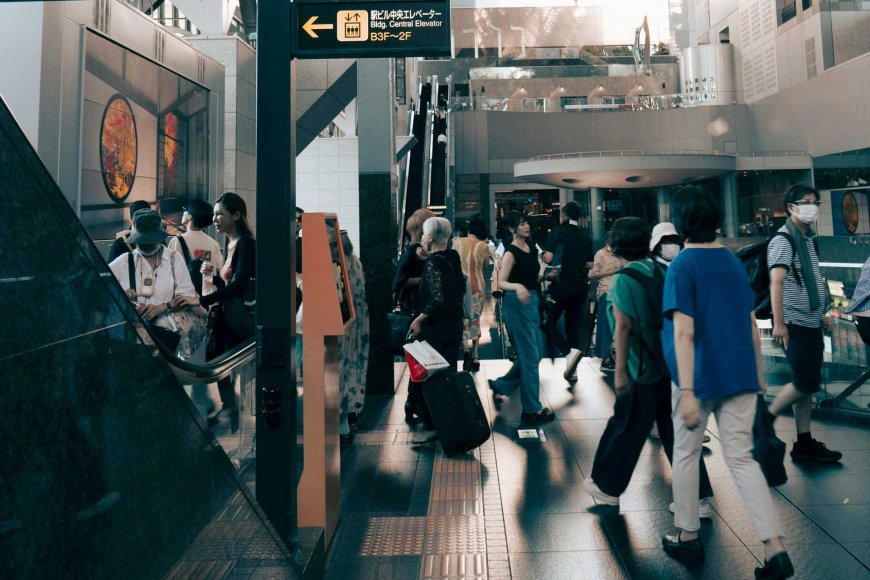
Unveiling the Layers of Japanese Culture
Debunking these misconceptions reveals the complexity and diversity of Japanese culture. While certain elements may hold true to some extent, it's essential to recognize that Japan, like any other nation, is multifaceted and continually evolving. By understanding and appreciating its cultural nuances beyond the stereotypes, we can foster deeper connections and appreciation for this fascinating country.
Find Cheap Flight Tickets to any Destinations in Japan and the Philippines
Nipino.com is committed to providing you with accurate and genuine content. Let us know your opinion by clicking HERE.





















































